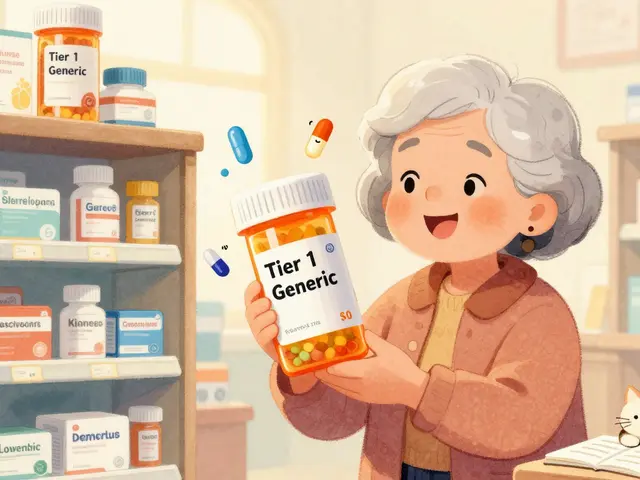
Asthma Inhaler Alternatives: Safe Options When Your Inhaler Isn't Working
When your asthma inhaler, a handheld device that delivers medication directly to the lungs to open airways during an attack. Also known as a rescue inhaler, it's often the first line of defense for sudden breathing trouble runs out, stops working, or causes side effects, you need practical alternatives—not just guesses. Many people assume inhalers are the only way to control asthma, but that’s not true. There are other tools, methods, and even lifestyle adjustments that can help you breathe easier when your inhaler isn’t enough.
One of the most common alternatives is a nebulizer, a machine that turns liquid asthma medication into a fine mist you breathe in through a mask or mouthpiece. It’s slower than an inhaler, but much easier to use during a severe attack, especially for kids, older adults, or anyone who struggles with the timing and coordination needed for inhalers. Nebulizers are often used in hospitals, but many people keep them at home for daily use or emergencies. Another option is oral bronchodilators, pills or liquids that relax airway muscles and improve airflow, like theophylline or albuterol tablets. These don’t work as fast as inhalers, but they last longer and can help prevent attacks when taken regularly.
Some people also turn to non-drug approaches, like breathing exercises, air purifiers, or avoiding triggers like smoke, dust, or cold air. These won’t stop an attack on their own, but they reduce how often you need medication. If you’re using your rescue inhaler more than twice a week, it’s a sign your asthma isn’t well controlled—and that’s when you need to rethink your whole plan, not just swap inhalers.
The posts below cover real comparisons between different asthma treatments, including how nebulizers stack up against inhalers, what alternatives work for people who can’t tolerate steroids, and how to tell if your symptoms are getting worse. You’ll find clear, no-fluff advice on what to ask your doctor, what to watch out for with new treatments, and how to manage asthma without relying on a single device. Whether you’re looking for a backup plan, a cheaper option, or a way to reduce side effects, you’ll find something useful here.
-
22 Oct







